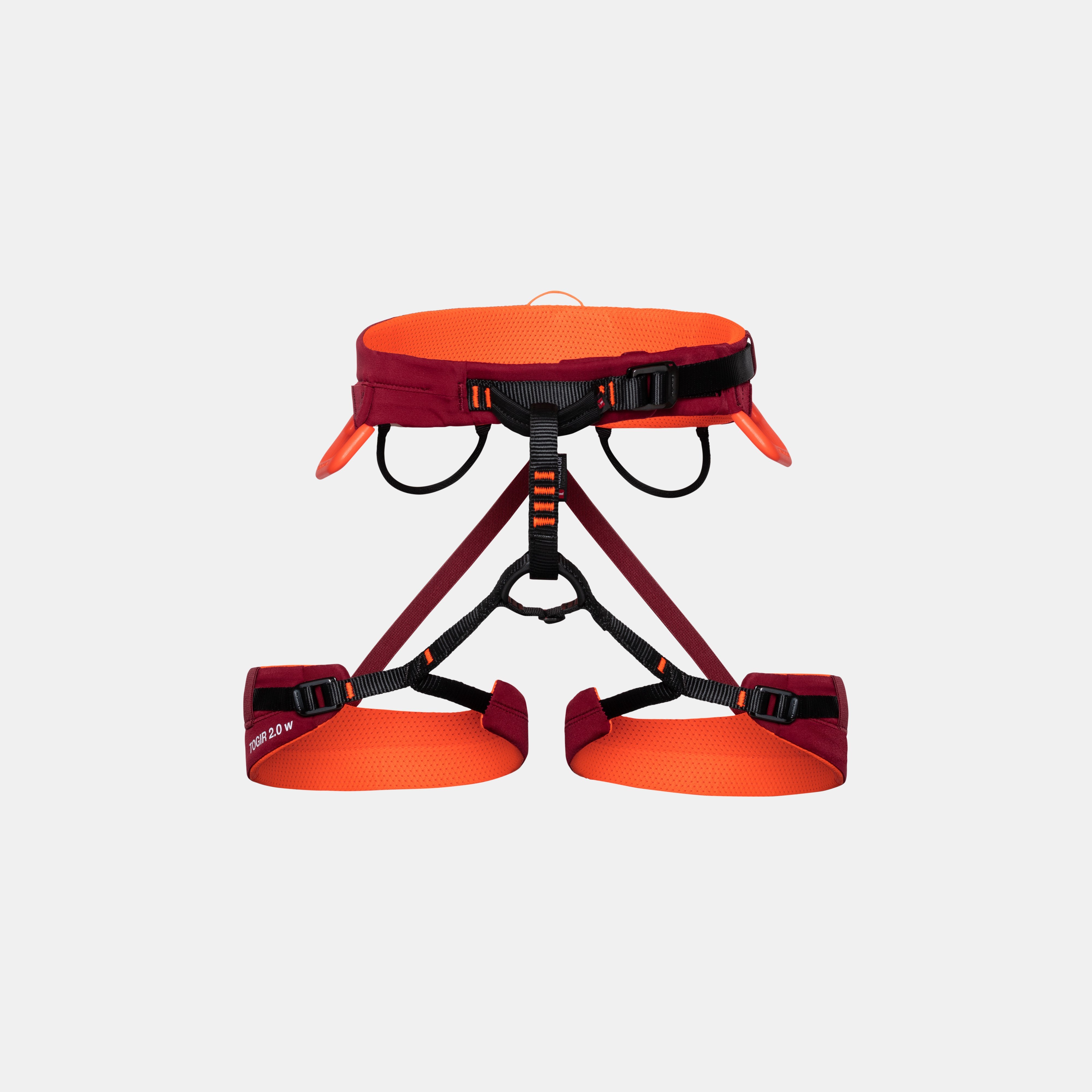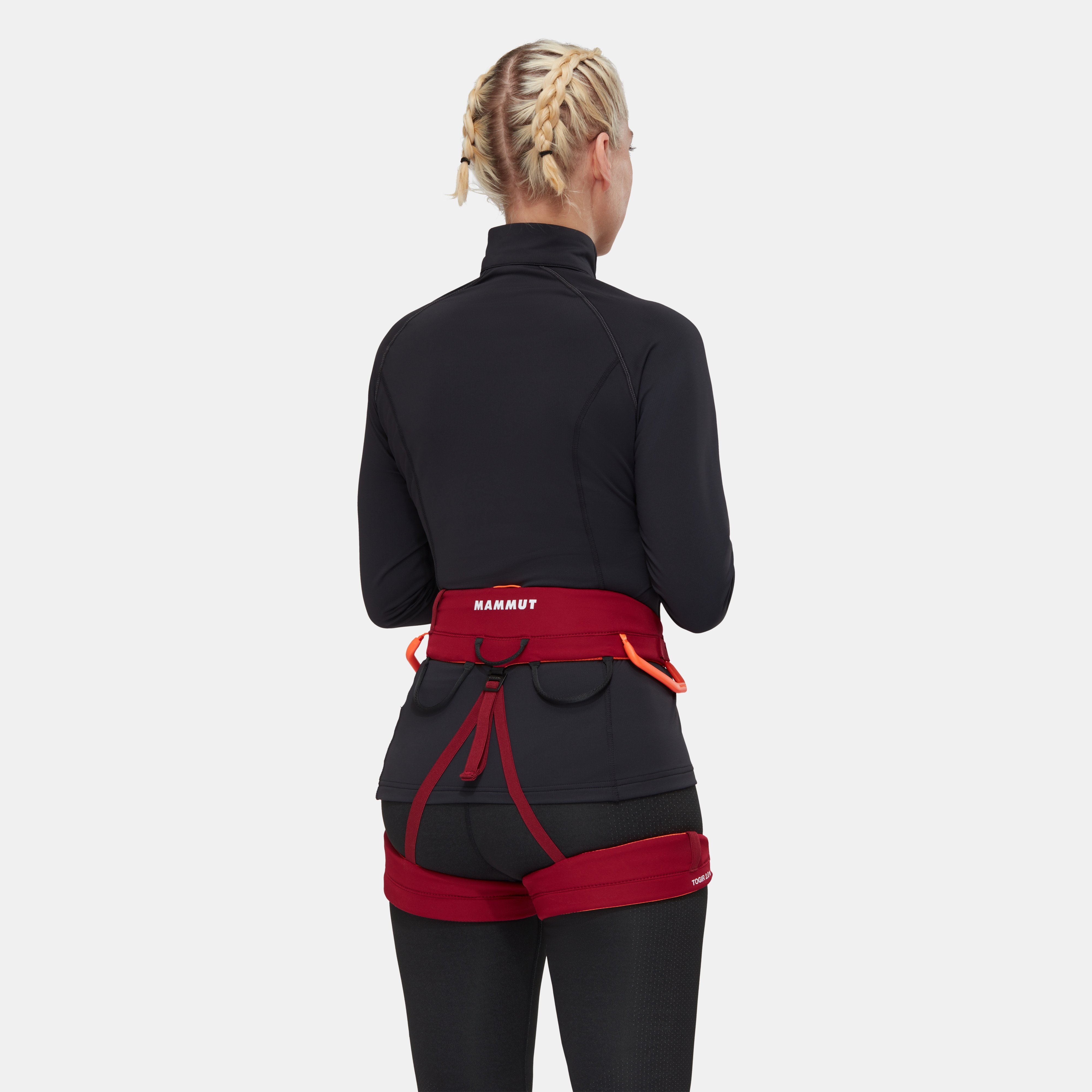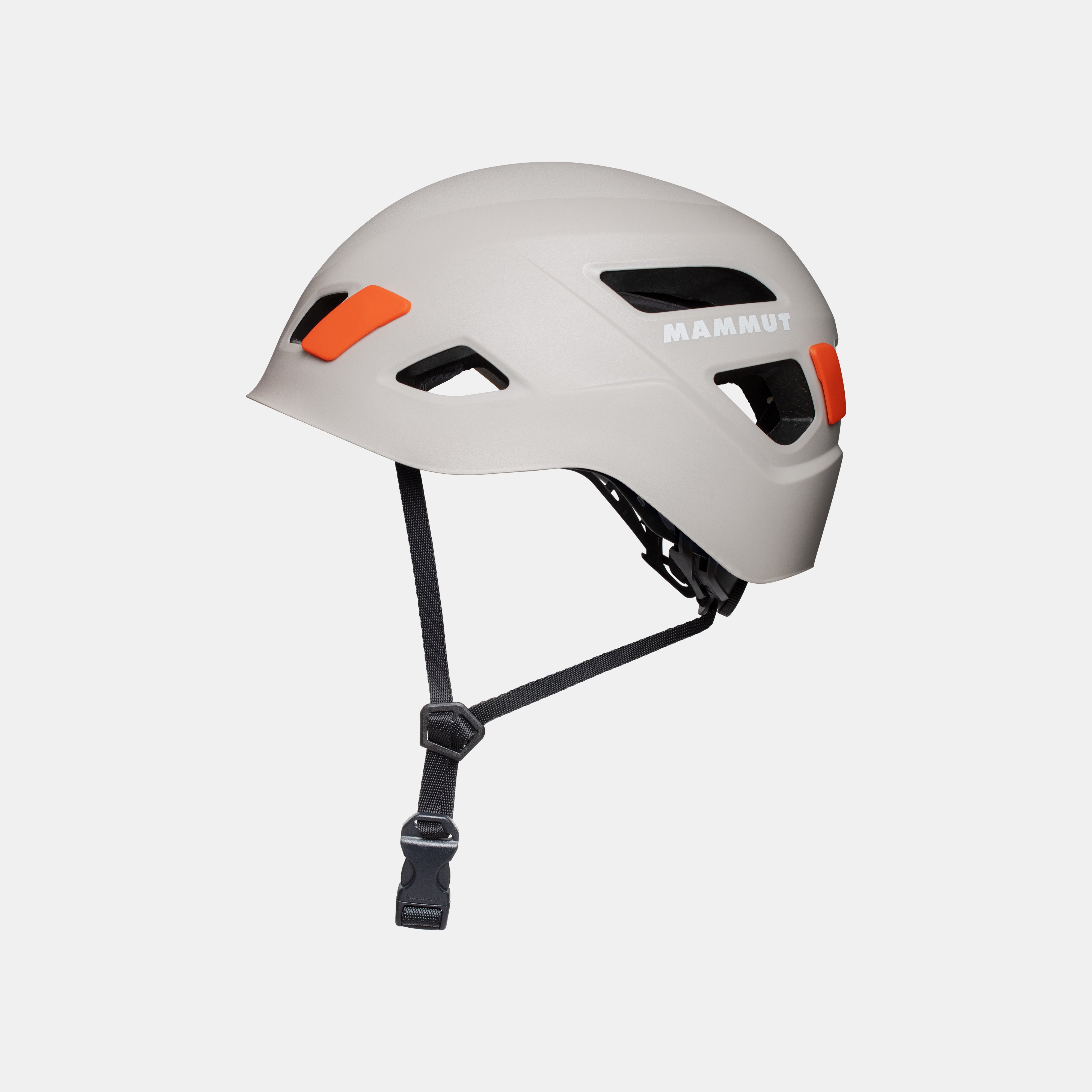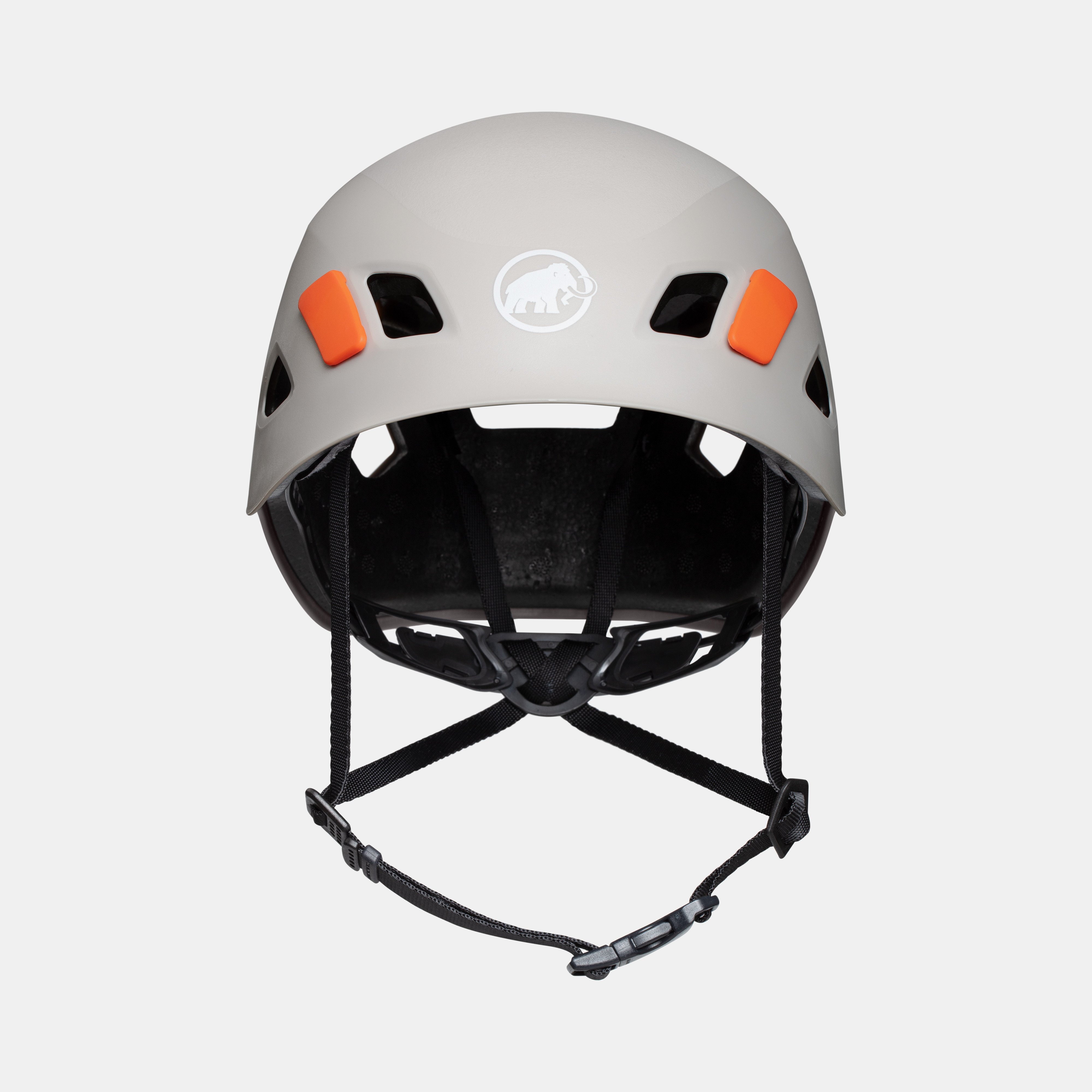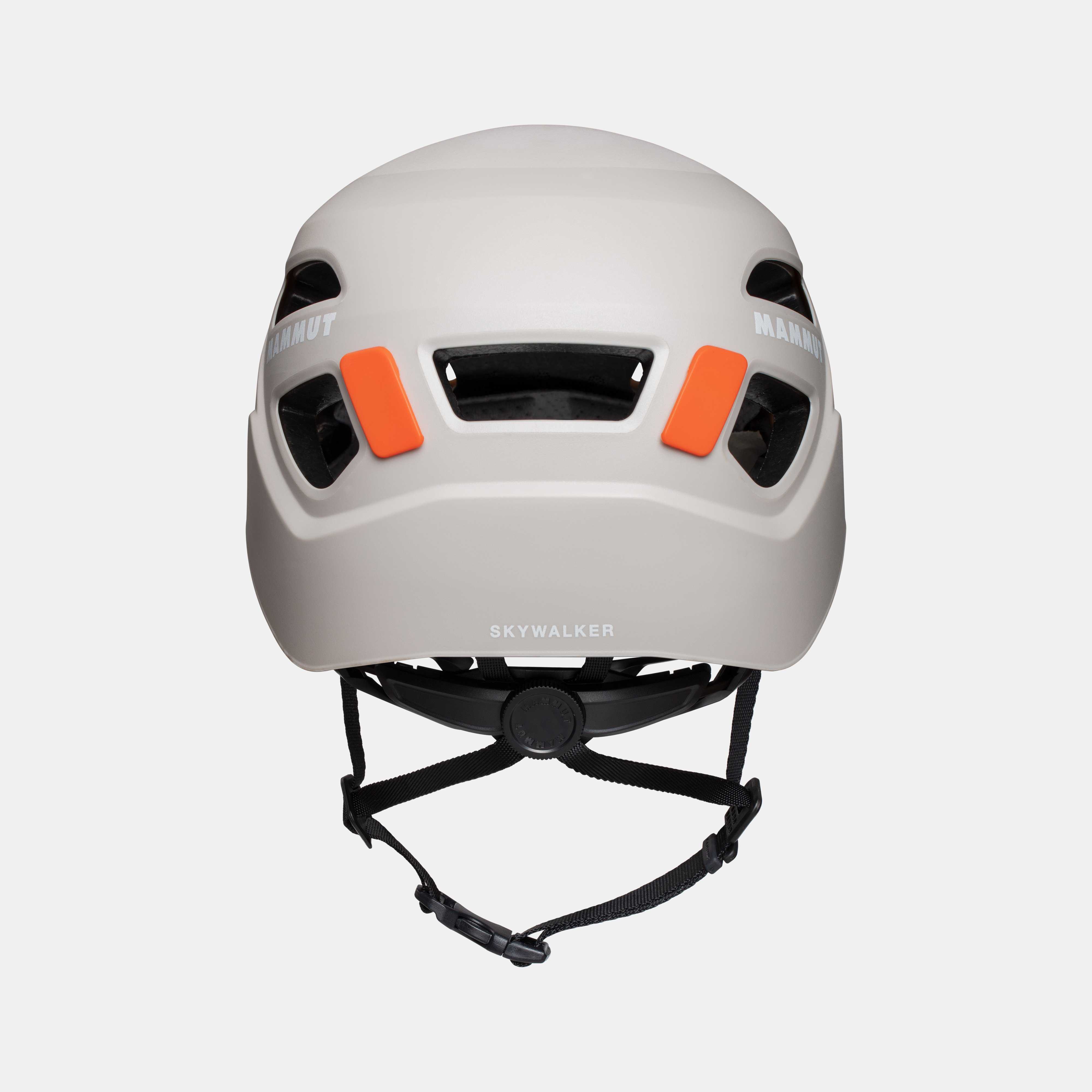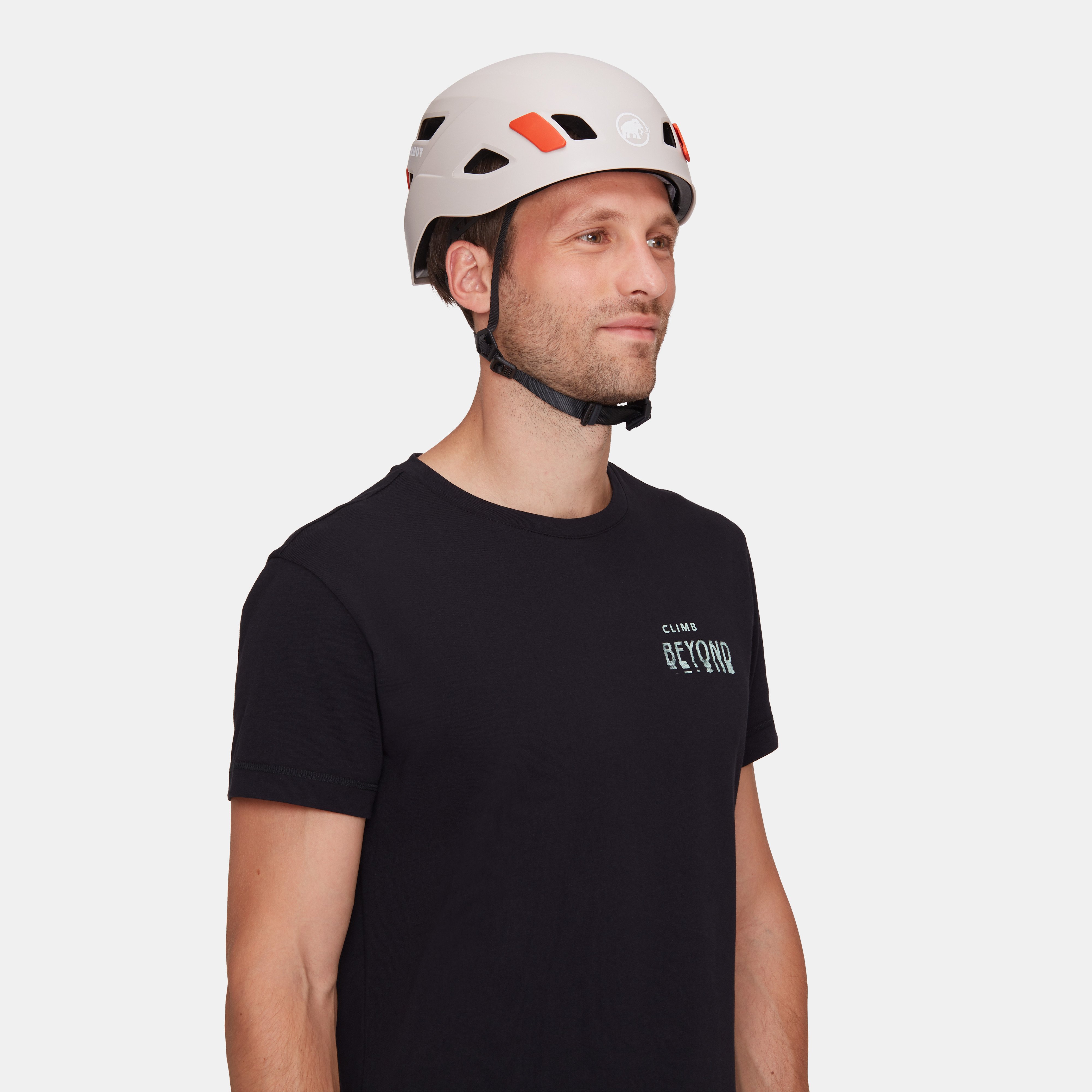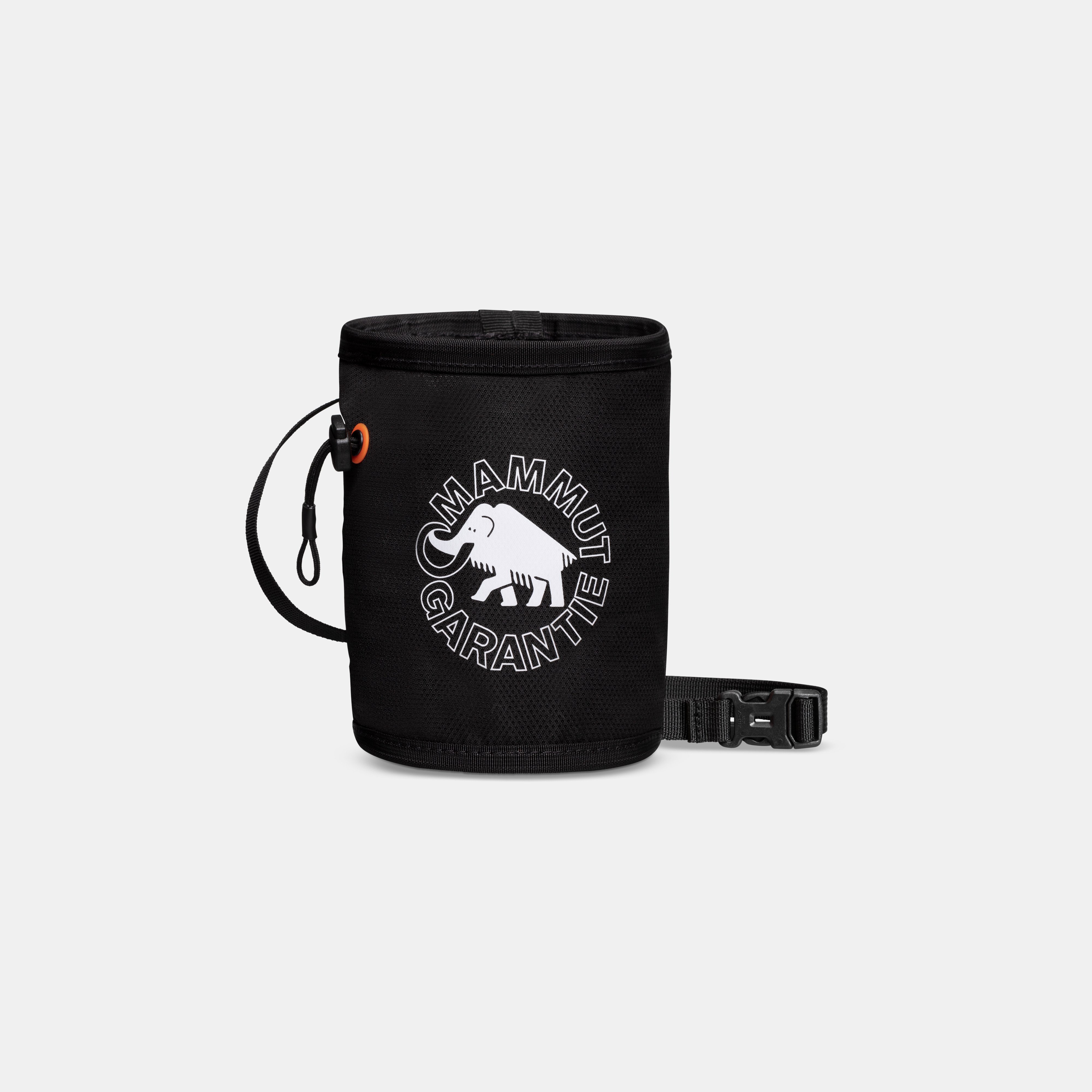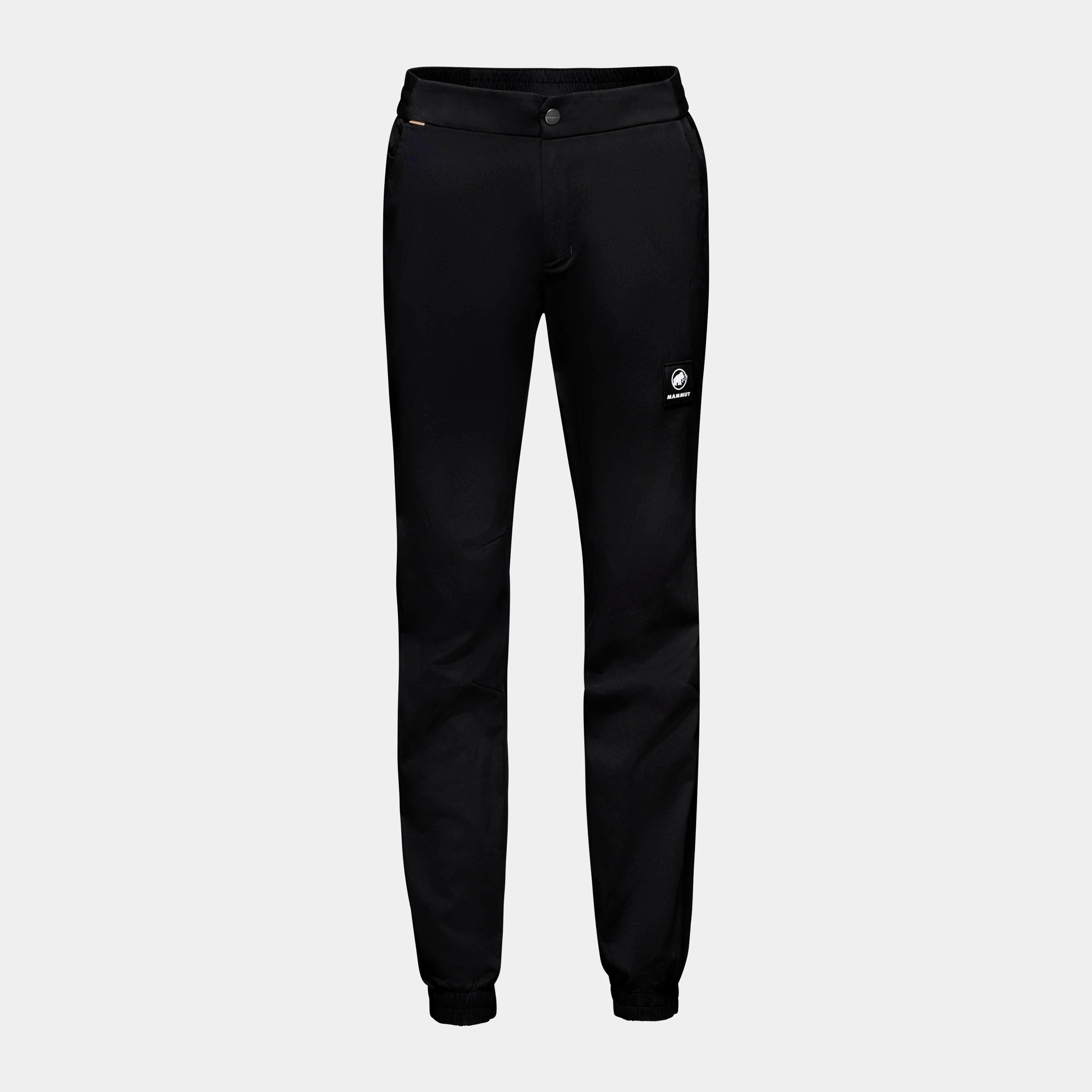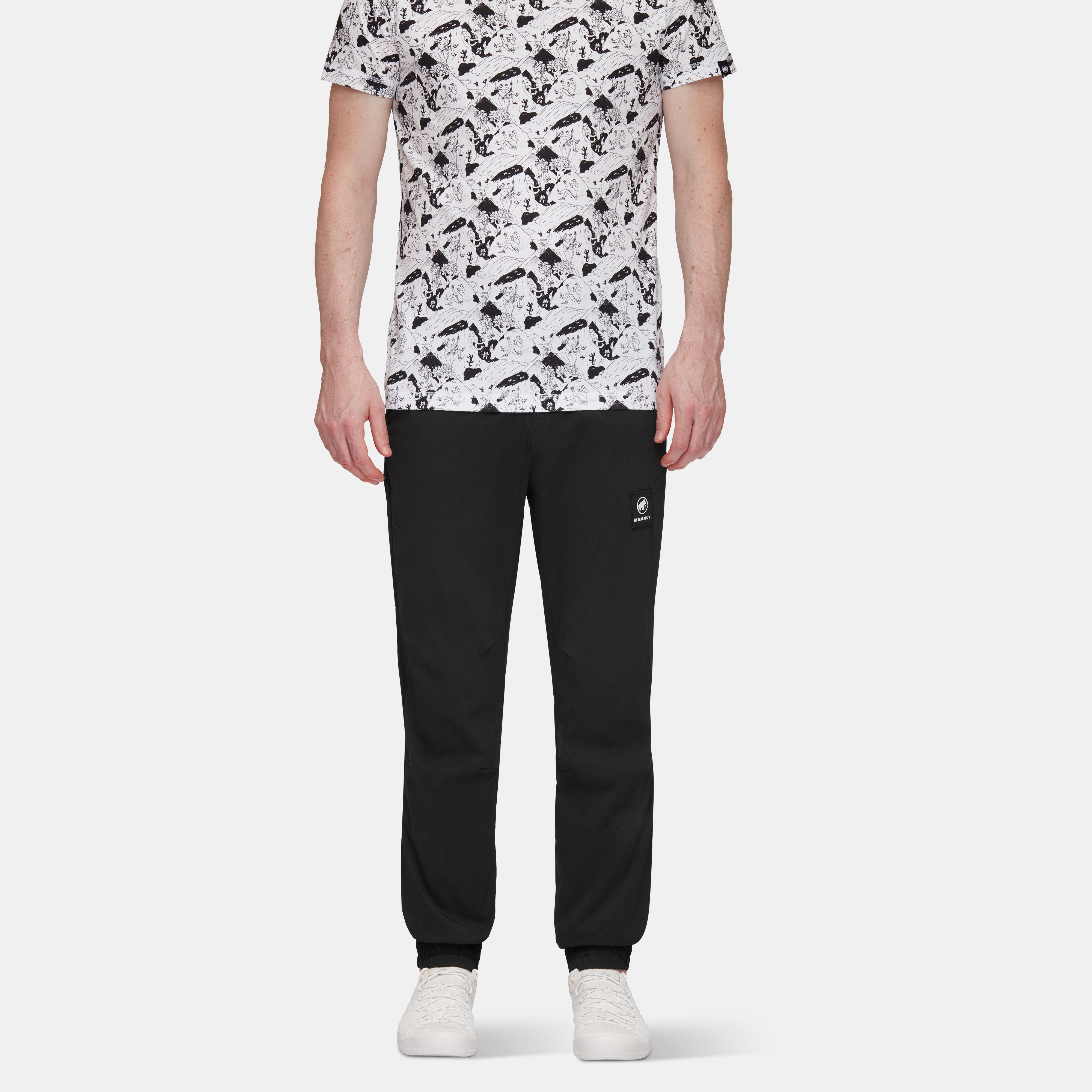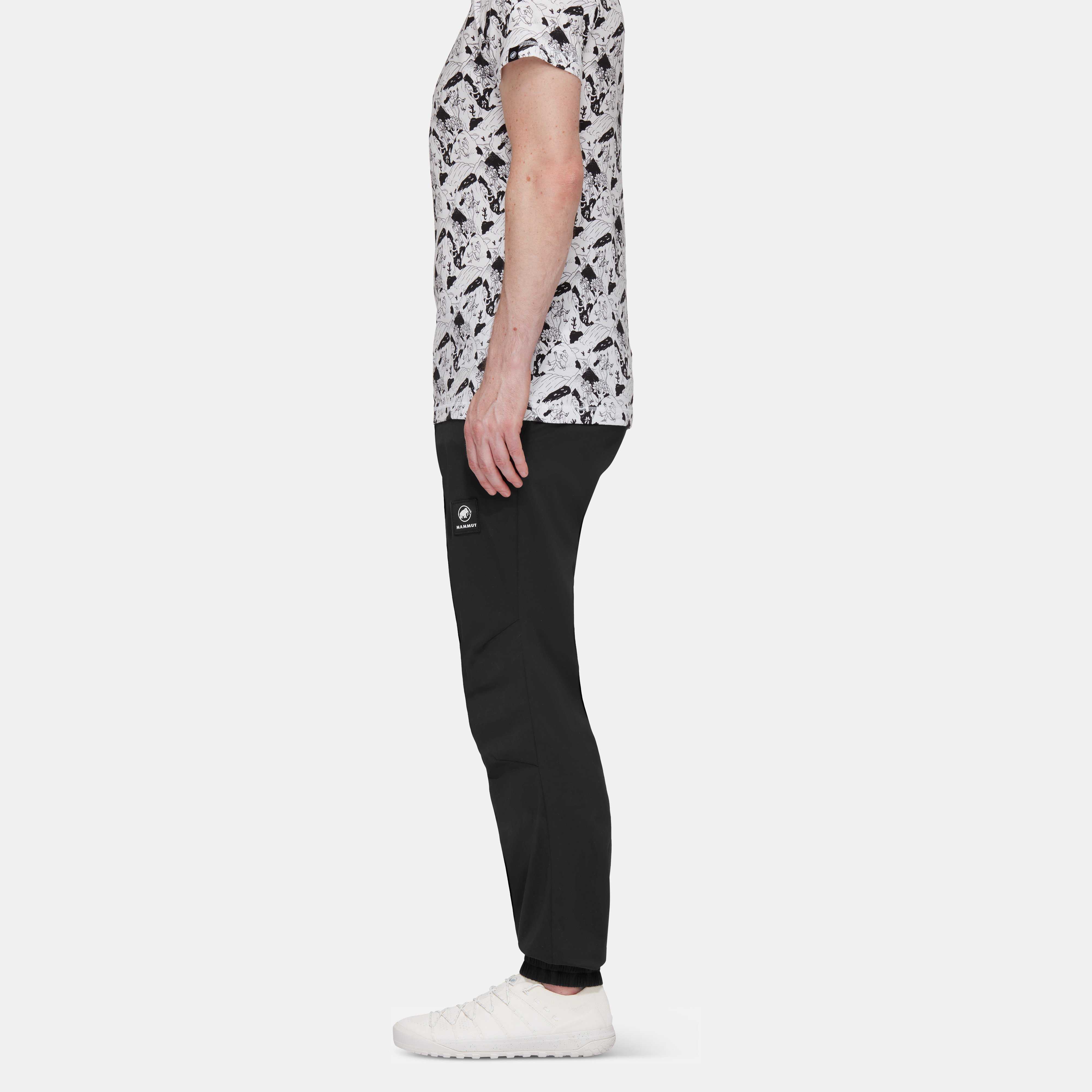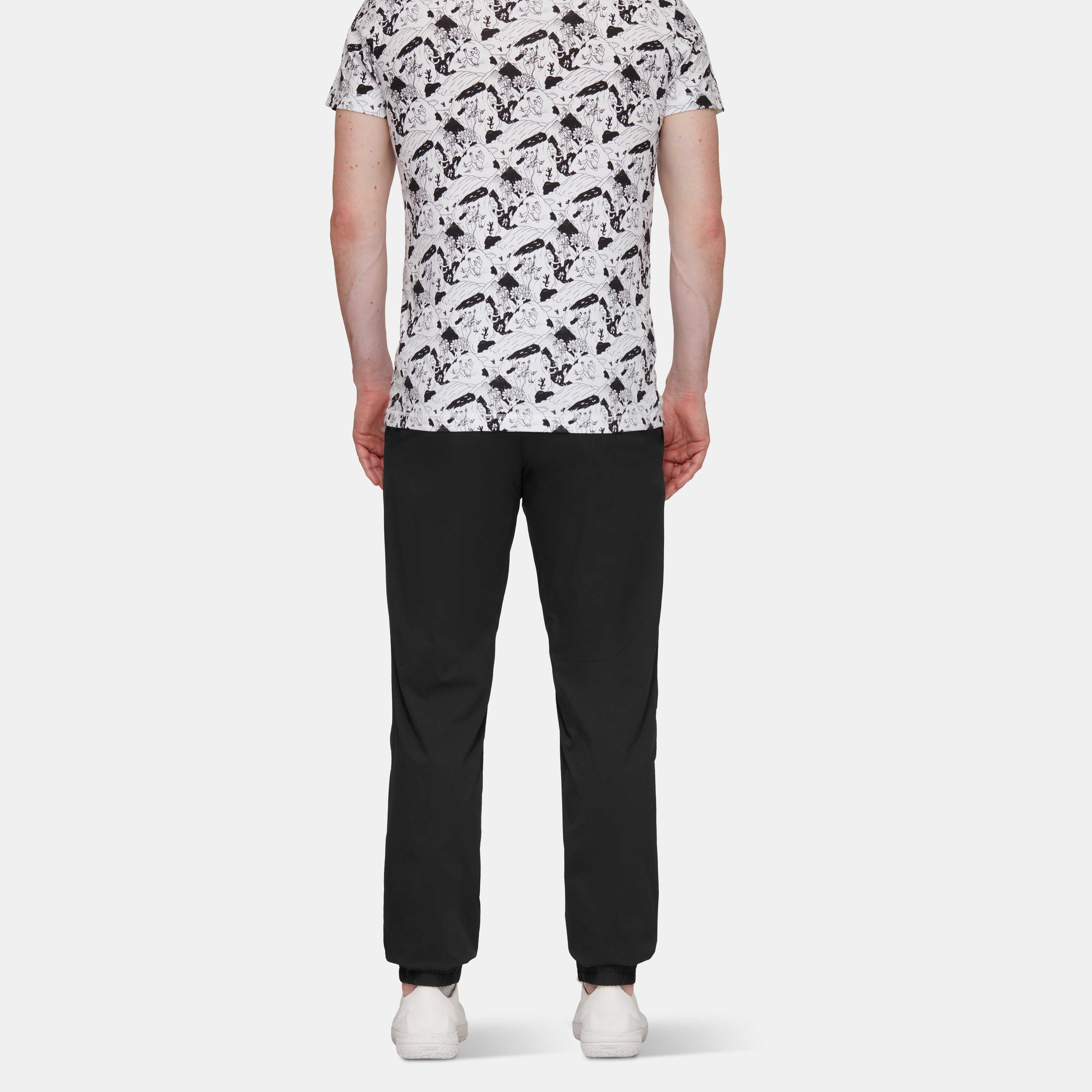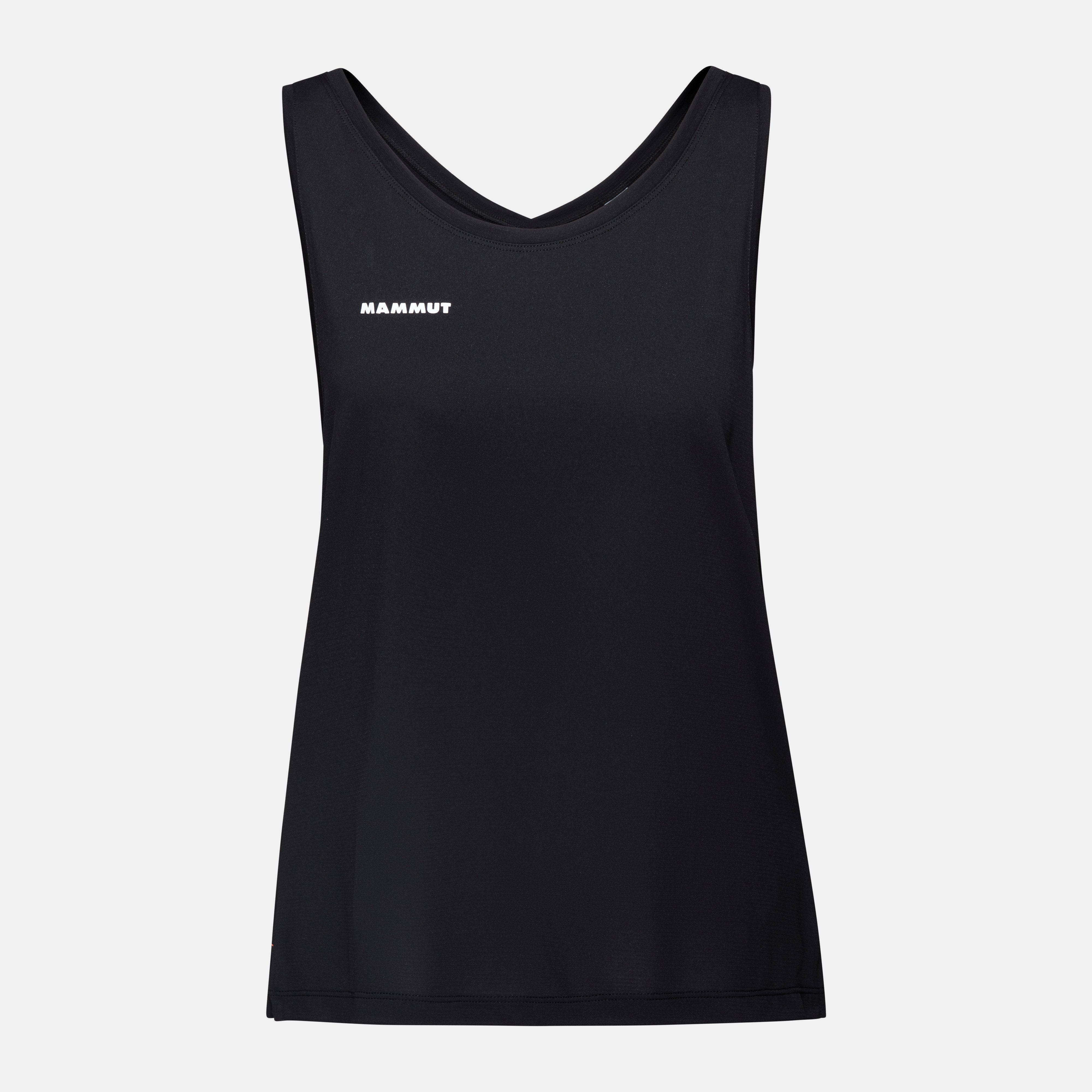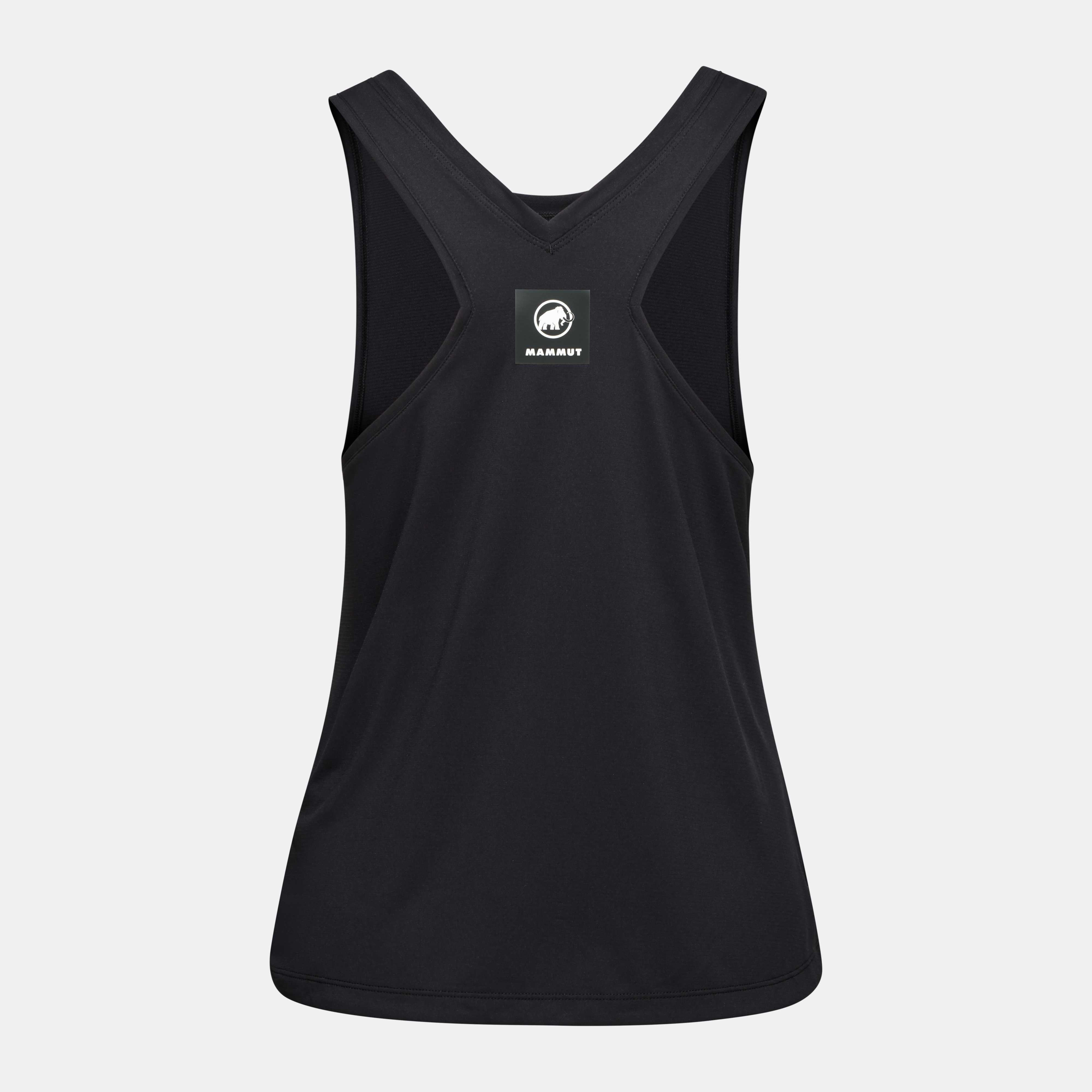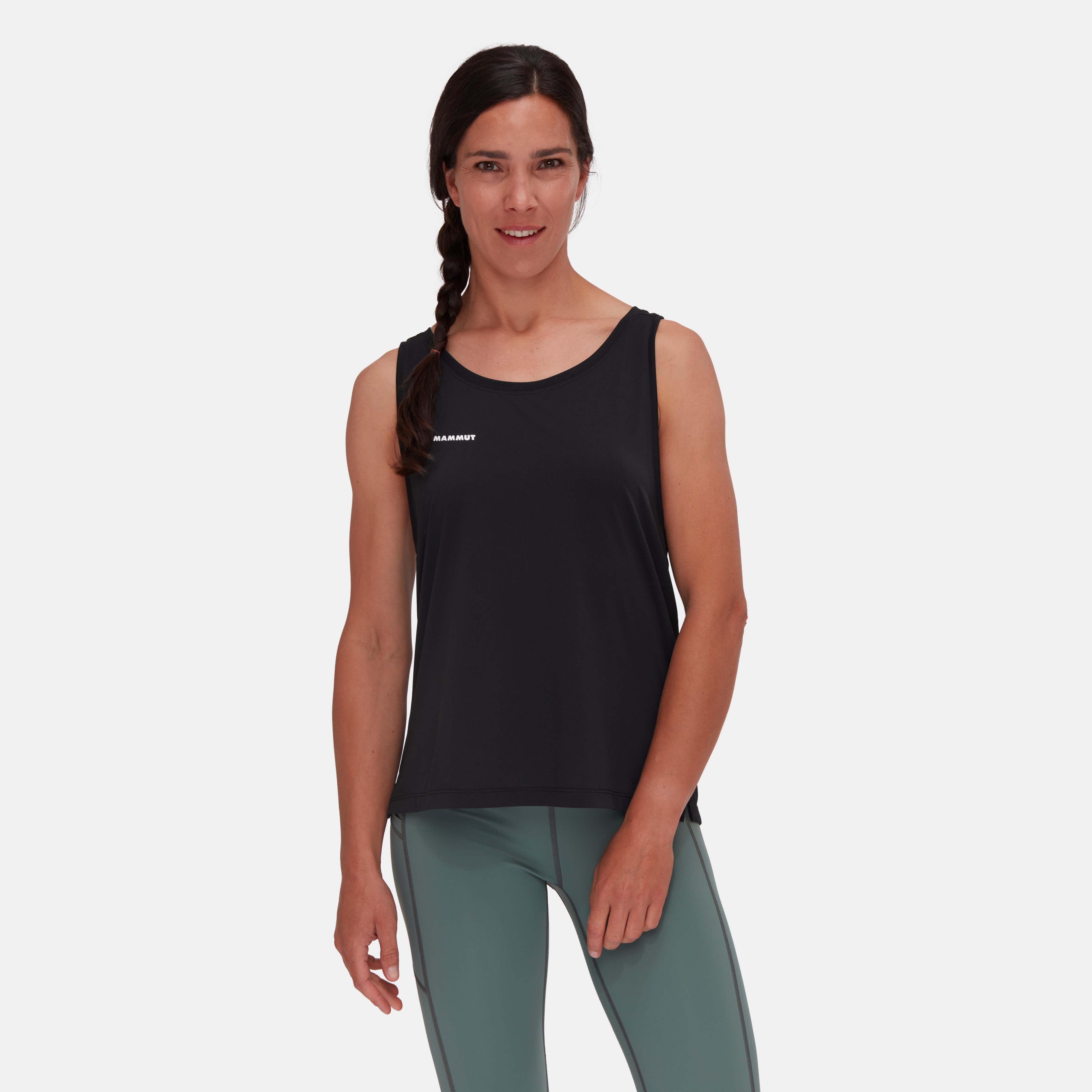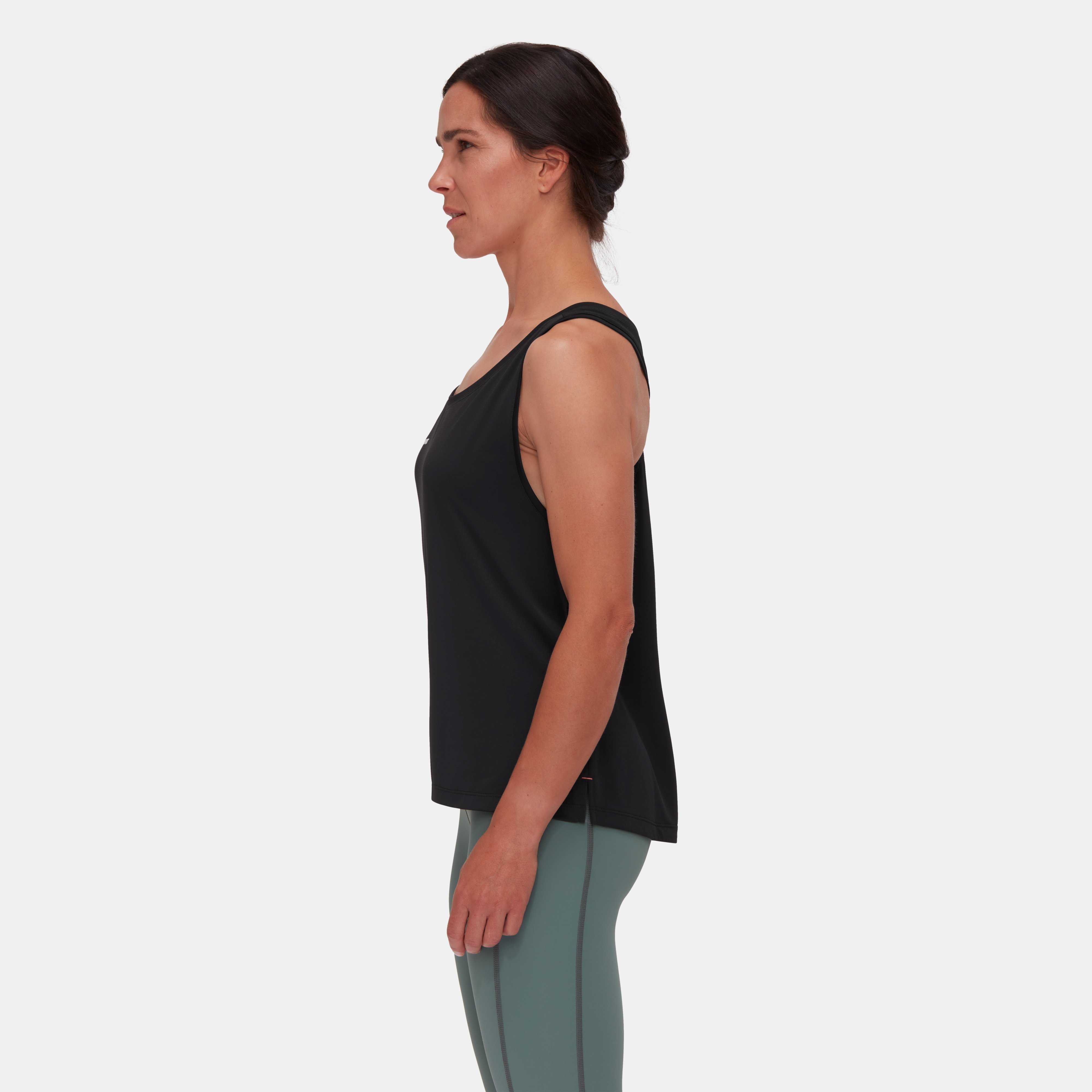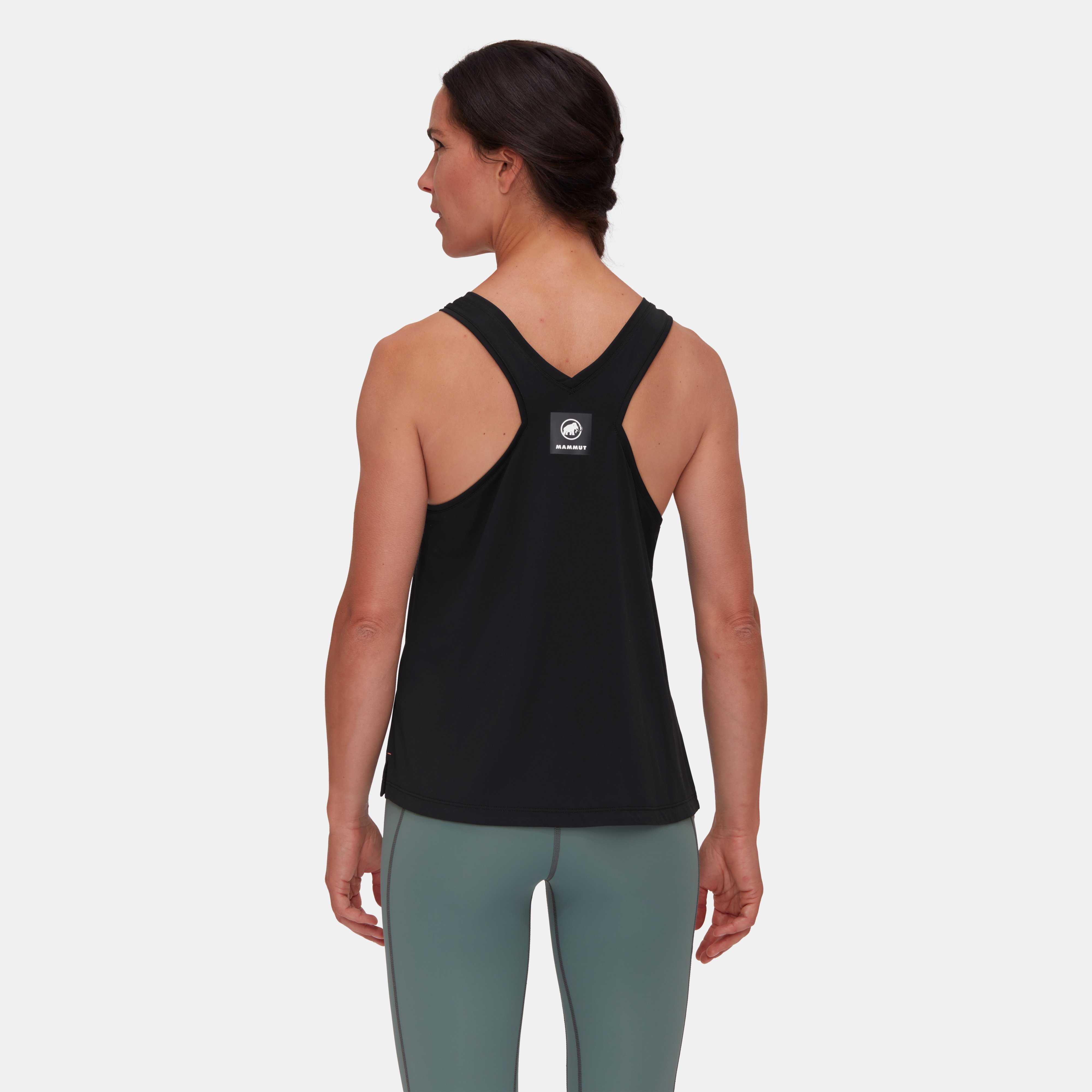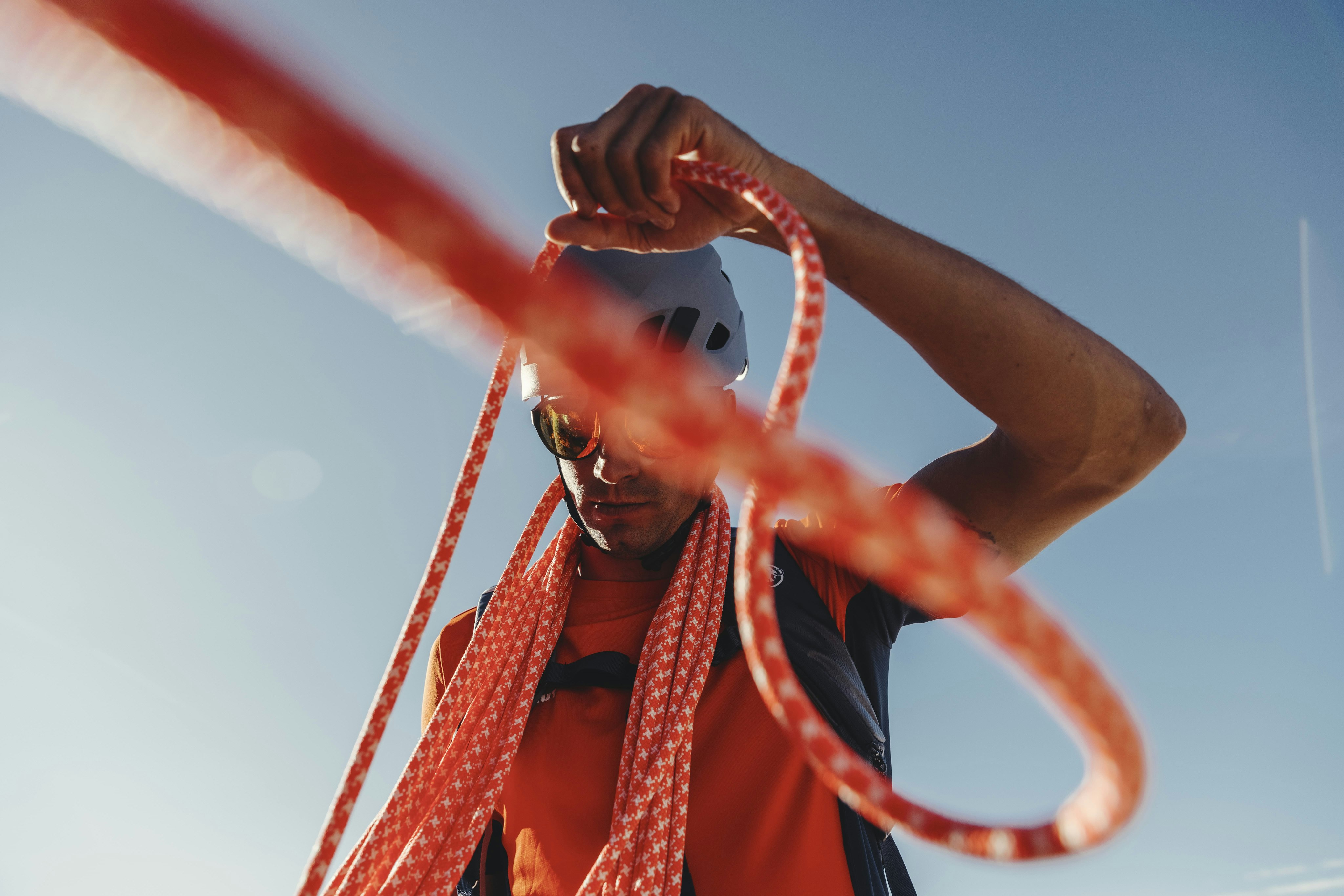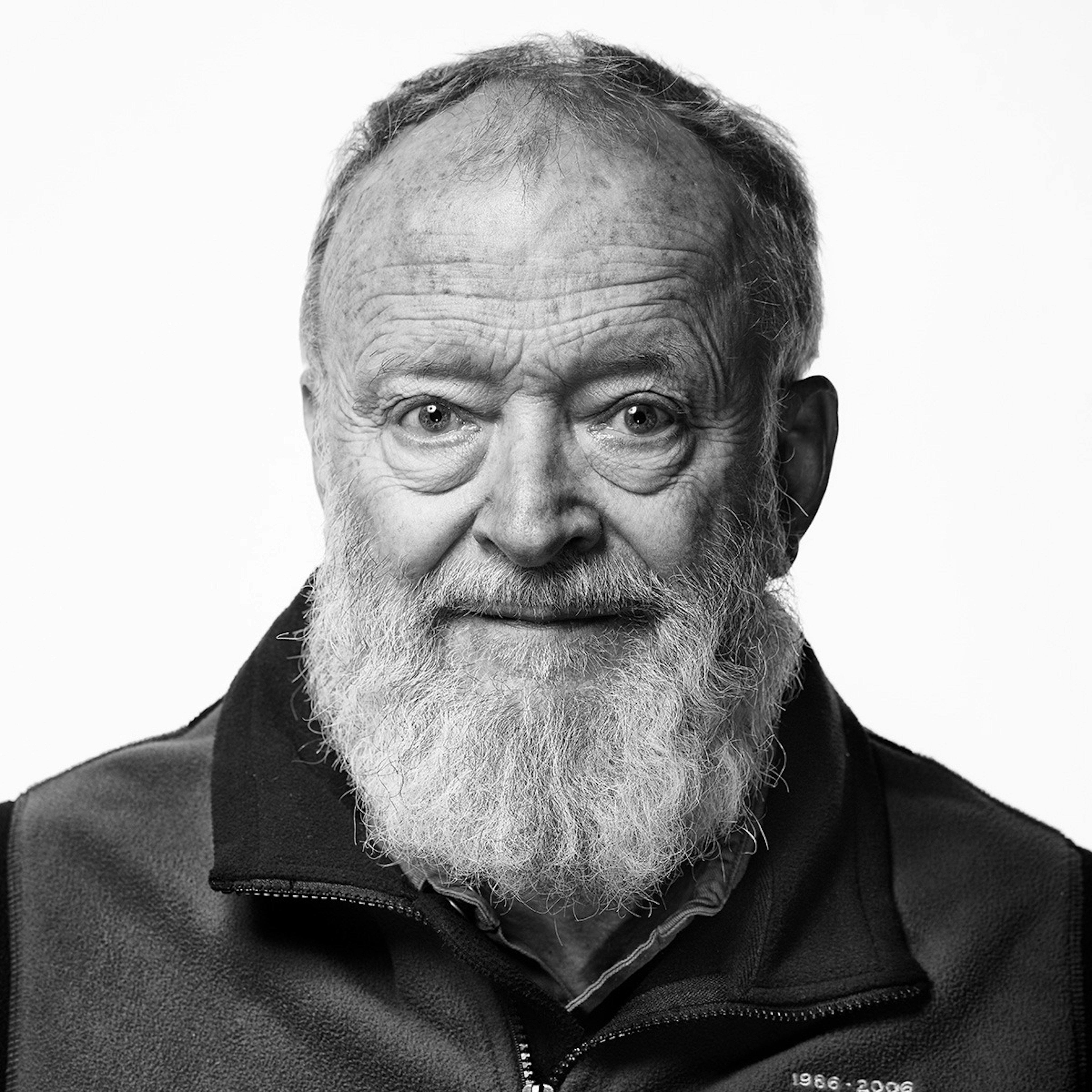Rocking the boat: Ireland’s women-only climbing festival
08/22
@Patrick Cross
Patrick Cross
Maddy Cope
As climbing spaces are often dominated by men, they don’t always provide the ideal setting for women wanting to develop their confidence and technical skills on the wall. The first women-only climbing festival in Ireland, Women’s Rock Festival, came together over 15-17 July with the idea to create a space where women can learn and grow in a safe and open-minded environment, and connect with women from across the climbing community. British climber and Mammut ambassador Maddy Cope caught up with festival organisers, Freja Shannon and Anastasija Strizakova to find out more about the event and talk about some of the challenges facing women in the sport of climbing today.
Can you tell me a bit about how the idea for the festival started? What motivated you to make it come to life?
Freja: I came up with the idea for the festival three years ago after being invited to speak at a women's climbing event in Sweden. I got to witness the energy and empowerment between women during this event and thought it would be a great opportunity to do a similar event but outdoors in Ireland, as I have always thought Ireland is lacking in women in climbing.
Nastia: I had silently thought about creating a 'women in climbing' event for a few years, but I never really discussed it with anyone as I never thought I could do it. In Ireland there has always been a small presence of women in climbing, and having spent most of my climbing life climbing with men, I wanted to provide a safe outlet for women to come together. I had chatted about my plans with Freja briefly and apparently it was enough for her to invite me to be her partner in crime for the Women's Rock Festival. The stars aligned and, naturally, I couldn't say no.
The festival will be held in Ireland at The Burren in County Clare. What led you to choose this as the location?
Freja: I wanted the festival to be in Ireland, and the crag to be in the Burren as it is where I grew up. I wanted a project that I am so passionate about to be intertwined with somewhere so close to my heart - as I have spent many hours on the seacliffs of Ailledie.
“Often women-focused events are based on introduction and beginnings, but where is the step towards advanced?”
The festival is focused on learning and growth with a series of workshops. Can you talk about the different areas of learning in the workshops and why you chose them as areas of focus?
Freja: Often women-focused events are based on introduction and beginnings, but where is the step towards advanced? We wanted to give girls the chance to take the next step, such as learn to lead, rescue tech, seacliff climbing etc.
Nastia: We wanted to broaden the types of climbers that would attend the festival, so it was an opportunity for us to be creative and come up with six different types of workshops. It also meant that all the participants would be interacting with each other, learning about each other and getting inspired by what others are doing. Variety always breeds curiosity and discussion.
A word we come across a lot is the word "safe". This can seem counterintuitive when we talk about pushing ourselves. Can you describe what this word means to you?
Freja: I think the word 'safe' in this aspect is in a more spiritual way than actually technically safe. The word safe in the festival is related to creating a safe space where girls could feel comfortable, accepted and supported—a space where there was no pressure to perform or be too far out of their comfort zone. I think it’s really important for women to have a safe space as I believe the lack of women in climbing is due to feeling external pressure and insecure in mixed groups, and fear of failure.
What do you hope that people at the festival will take away from the experience?
Nastia: I hope that every single one of the participants learned at least one thing, no matter what it is and whether it’s climbing related or not. Yes, this is a rock climbing festival, but at the end of the day the lessons we learn in climbing are transferable to general life, and vice versa. I simply want women to have more courage, to explore themselves, to become more independent and become a tad bit happier. If WRF can achieve even a fraction of this, then we have succeeded.
“Yes, this is a rock climbing festival, but at the end of the day the lessons we learn in climbing are transferable to general life.”
Are there any barriers that you have experienced being a female climber?
Freja: Mostly a feeling of inadequacy, insecurity and feeling of incompetency and comparing myself to others. I got bored under the veil of self doubt and recently have broken through this barrier by just doing what the lads seem to do - just going for it. This took a great deal of courage but I hope I won't look back.
Nastia: In the beginning of my climbing journey I mostly climbed with men, and for years I sort of sat in their shadow allowing them to take control of everything and almost guiding me through climbs. It was very rare to see two female climbers outdoors climbing together - it still is actually. So you ingrain beliefs in your head based on what you see. This changed drastically when I decided to become an instructor, after which my confidence exploded and I learned how to take matters in my own hands and be responsible for my own climbing experiences on rock. There's nothing better than feeling independent and confident outdoors. It's very liberating and empowering.
“It was very rare to see two female climbers outdoors climbing together - it still is actually.”
What do you personally value in your own climbing? Is there anything standout that you feel climbing has helped you with in a broader sense?
Freja: What I value in my own climbing is my attitude that nothing is impossible. I apply this to all aspects of life, just like the festival. Nothing is impossible - really - it just depends how much you want it!
Nastia: Climbing really transformed my mindset and life, going from socially awkward, insecure and fearful to a more courageous, happier and confident person. It has helped me battle my mental health issues since the day I started climbing: from social anxiety to minor depression episodes. It's not about the grades I have climbed - it's about the connections I've made with people and places around the world.
I think the one thing I have learned from climbing is every time I feel afraid, stressed or overwhelmed (in climbing or life) - to take a minute and ask myself: Why am I doing this and who am I doing this for? This always puts me back in my tracks, calms me down and allows me to make the right decisions in the moment.
